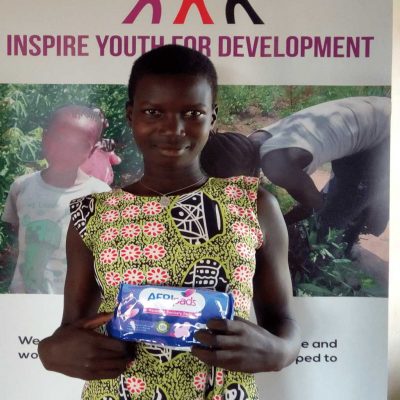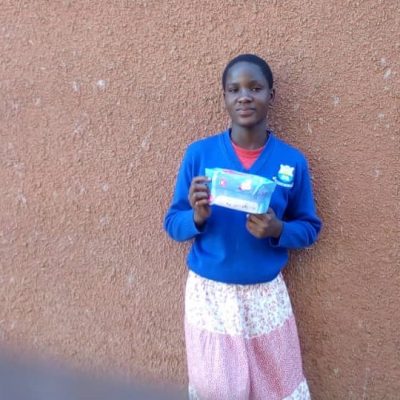During menstruation girls and women face both practical and strategic gender problems. These have negative impacts for their personal lives and development opportunities: restrictions on work and mobility, increased fears and tensions, early marriage, early and premature childbirth and higher infant mortality, and potential vaginal infections resulting in the worst case in infertility.
In many cultures, the onset of menstruation means coming of age and therefore has big consequences for young girls. Apart from that there is the hygiene side which if not properly addressed can have horrific consequences. One of the impacts is the lower class attendance of girls during menstruation days and school drop-out at the onset of menstruation.
Based on the literature review, surveys show 33%-61% increase in absence due to lack of menstrual hygiene provisions. However, intervention studies show both insignificant and significant differences in class attendance. The reason behind this may be due to different means of recording intervening factors such as water, sanitation and privacy conditions in primary schools and at home, distance to school and attitudes of teachers and parents.
For many years now, the global education community, ranging from UNICEF, World Bank to local organisations, have noted the challenges of puberty for adolescent girls, and specifically the need for girl-friendly water and sanitation facilities in primary schools. Although anecdotal stories, from field projects, and articles in newsletters from local women’s groups express concern over the issue of schoolgirls and sanitation, still too little empirical data exists that captures girls’ actual experiences and concerns. Understanding the reality of girls’ experiences of sanitation and schooling is critical to addressing the continuing challenge to meet their specific needs in an effective and resource-feasible manner. A deeper understanding of girls’ daily struggles, and rationale behind proposed solutions, is essential to engaging policy makers who can enact legislation and make resources available at school level.
The implication of these findings is that menstrual hygiene affects the majority of adolescent girl pupils in school and this can potentially reflect that their ultimate educational performance will not be optimal. Girls express fear, shame, distraction and confusion, besides physical discomfort, as feelings associated with menstruation. These feelings are largely linked to a sense of embarrassment, concerns about being stigmatized by fellow pupils and as teachers explained, a perception that the onset of menstruation signals the advent of girl’s sexual status.


Around 3000 days of menstruation occurs in an average woman’s lifetime.

What can be done
District
Health inspectors should make menstrual hygiene management part of their periodic inspection and report to the District Water and Sanitation Coordination Committee on a quarterly basis.
subcounty
More focus is needed to include menstrual hygiene management as one of the assessable areas in the performance agreements signed by senior head teachers with sub county chiefs.
school
The primary schools should ensure the availability of water, soap, a basin, emergency material (e.g. menstrual pads), facilities for disposal of used pads and medication (e.g. pain killers)
girl child
Peer support should be available for the girls to help them understand menstrual hygiene management.
ngo and civil society
- There is a need to promote advocacy campaigns on the effects and coping mechanisms around MHM to policy makers.
- Building in budgets to support MHM at school level is of key importance.
- Involve cultural leaders and break the silence around MHM needs to get more attention.
- Advocate for further research around specific areas linked to menstrual hygiene management.
private sector
Explore further possibilities of manufacturing and marketing innovative low-cost sanitary towels e.g. working with village saving schemes and credit associations.
